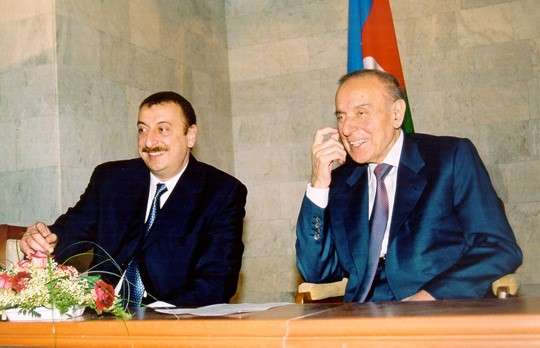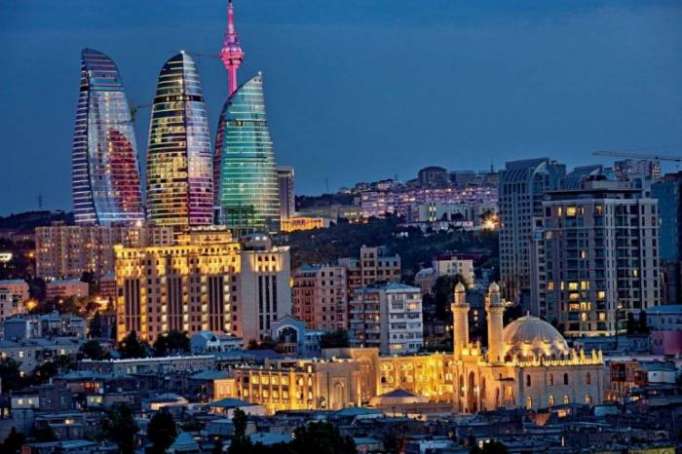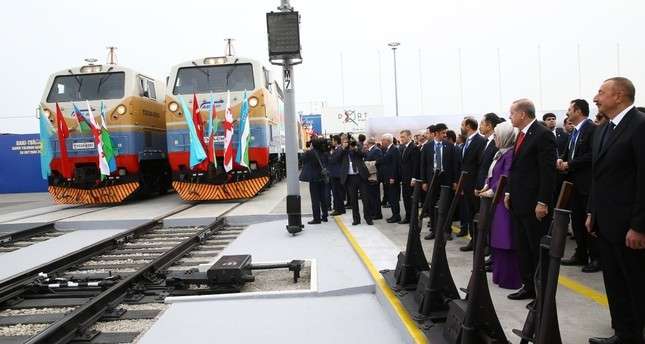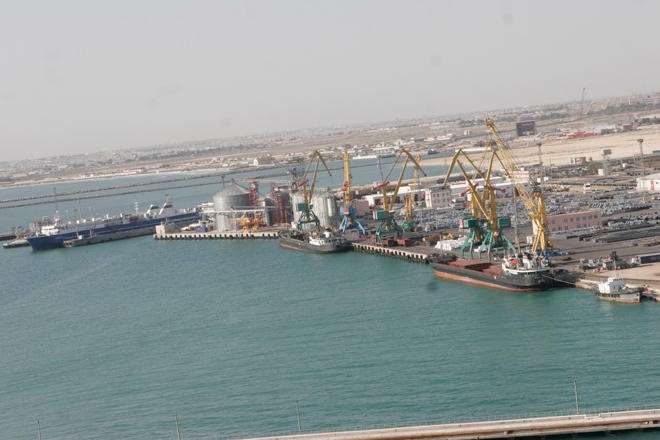On 11 April 2018, Azerbaijan’s presidential election will be decided. The anticipated incumbent is the long-standing president, Ilham Aliyev, who succeeded his father, the late Heydar Aliyev, to the presidency in 2003. The election comes at an important time for Azerbaijan. Not only does it preface the scheduled intensification of negotiations with Armenia over the settlement of the conflict in and around the Nagorno Karabakh region; it takes place during major economic diversification within the country that will shape its foreseeable future.
Azerbaijan is a country of around 10 million people, located in the South Caucasus region between Iran, Turkey and Russia. During the 1980s and 1990s, it began its transformation from a post-soviet country into a wealthy economy. The catalyst for this was the country’s vast supplies of oil and gas. The ‘Contract of the Century’, signed in September 1994, saw the cultivation of three major oil fields – Azeri, Chirag and deepwater sector of the Gunashli, rapidly accelerating the growth of Azerbaijan’s economy. During the next two decades, the country’s GDP increased 16 times, with oil and gas revenues between 2003-2015 generating around $119 billion.
Under the direction of Heydar Aliyev first, and then Ilham Aliyev, the current president, the country’s infrastructure has been transformed. New roads have been built, new industries created. The country’s capital, Baku, was modernised through an urban regeneration project called ‘Baku White City’, in which new districts and buildings were constructed, along with state of the art shopping centres and hotels. Today, Baku is a vibrant and busy Twenty-First Century City, operating as the shop front for Azerbaijan regionally and internationally.


With the crash of oil prices in recent years, overreliance on the energy industry has been a pressing concern for the country. However, a series of steps have been taken under President Aliyev to cultivate Azerbaijan’s non-oil and gas economy and to make Azerbaijan a major business hub within Eurasia.
The launch of the Baku-Tbilisi-Kars (BTK) railway in October 2017 is one major step in this direction. Linking Europe and Asia via the Caspian Sea, the railway shortens the distance and time for travel as well as the delivery of goods from Asia to Europe. The hope is that it will attract around 10 percent of the 240 tons of cargo that moves between China and Europe each year. The BTK arose because of an interstate agreement between Azerbaijan, Georgia and Turkey, buttressing Azerbaijan’s regional ties and marking a new era of
trade coming through Azerbaijan.

The construction of the Baku International Sea Trade Port, anticipated to be the largest on the Caspian Sea, is another key development in the diversification of Azerbaijan’s economy. Located in the Alat trade and industrial area, approximately 43 miles from Baku, the first of three phases of the Port are expected to be launched by the middle of 2018. Lead by a young, western educated manager, the port will be able to transport around 15 million tons of cargo and 100,000 containers, making Azerbaijan a major transit hub and the commercial bridge between East and West.

Perhaps the most exciting development, however, is the creation of a free economic zone within the Alat region, with the bill appertaining to it recently being approved by the Azerbaijani Parliament. While information on what has been dubbed the ‘Alat free-trade zone’ is yet to be clarified, it is palpable that it aims to supplement the Baku International Sea Trade Port and the recently launched BTK railway, to make Azerbaijan both hugely attractive to foreign investment within the global market and the epicentre of commerce within the region. Similar ‘free trade’ projects are already underway in Kazakhstan, for example, with the cultivation of the Astana International Financial Centre, to provide a free economic area governed by UK common law and with low taxation.
Whether Azerbaijan implements the specifics of Kazakhstan’s proposed free economic zone remains to be seen. What is evident, however, is that the major changes taking place within Azerbaijan’s economy will require strong leadership, a proven track record and lateral thinking if they are to be successful. President Ilham Aliyev has displayed each of these qualities throughout his presidency and it is therefore re-assuring that he is expected to win the impending presidential election in April. The long-term success of Azerbaijan’s economy and European energy security depends on it.
James Tierney is a British Solicitor, "Mergul Law".
The original article was published in mergullaw.co.uk.
More about: Azerbaijan








_1517817244-1517827042.jpg)







































